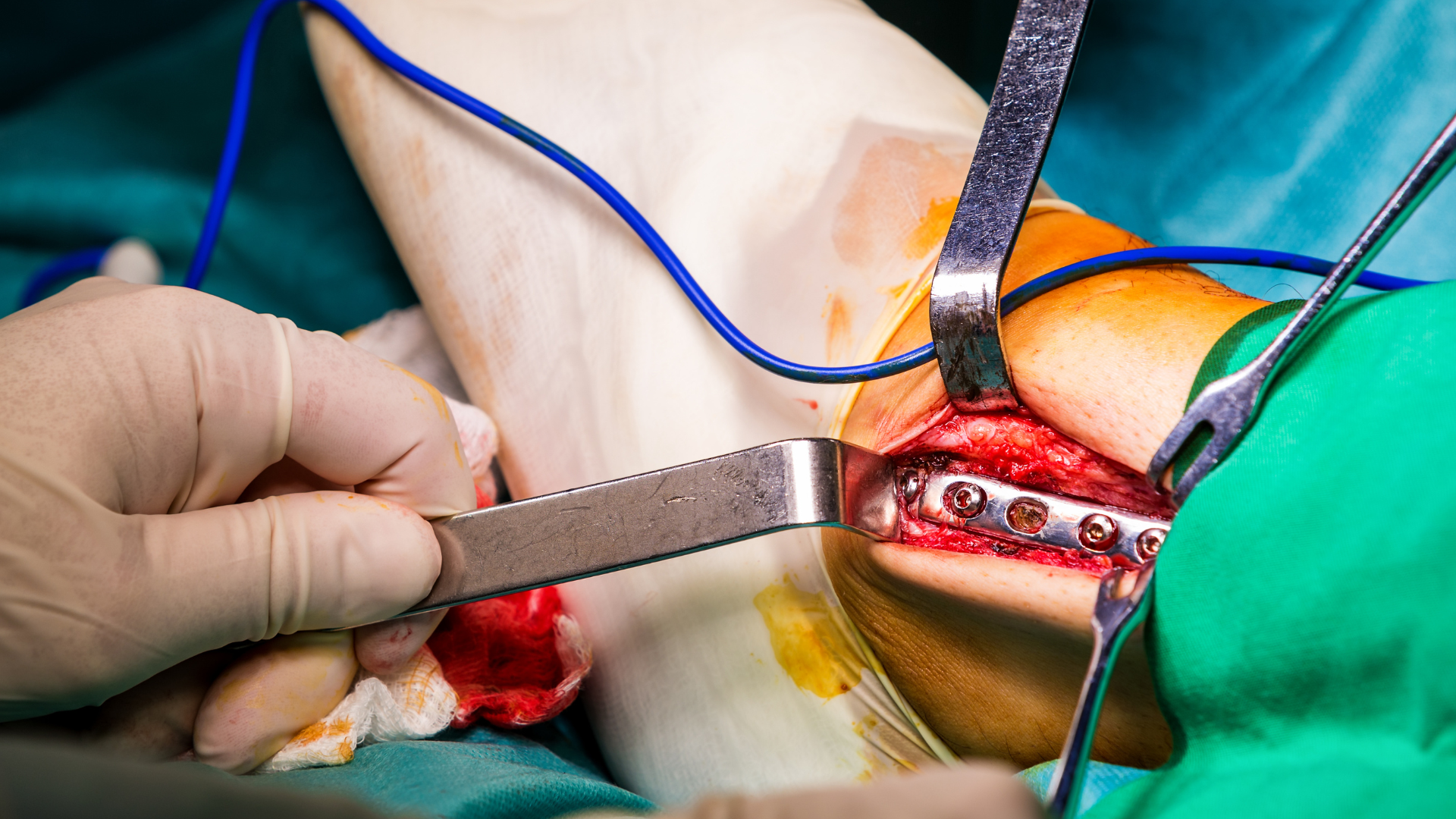Orthopedic Implant Removal
What is Orthopedic Implant Removal ?
Orthopedic implant removal is a surgical procedure performed to remove previously implanted hardware, such as screws, plates, or rods, from the bones. These implants are typically used in orthopedic surgeries, such as fracture repair or joint replacement. Implant removal may be recommended for various reasons, including implant-related complications, infection, pain, or at the request of the patient. In this article, we will provide an overview of orthopedic implant removal, including frequently asked questions and answers.
Overview of Orthopedic Implant Removal
Orthopedic implant removal is typically performed under general anesthesia. The surgeon will make an incision over the site of the implant, carefully remove the hardware, and close the incision with sutures or staples. The procedure can be done as an outpatient surgery, and patients can usually go home on the same day. Recovery time after implant removal varies depending on the individual and the specific procedure.
Why consider Sama Hospital for Orthopedic Implant Removal ?

Surgical FAQ’s
A: Orthopedic implant removal may be necessary for various reasons. Some common reasons include implant-related complications, such as loosening or irritation, infection around the implant, pain or discomfort, or at the patient’s request for personal reasons .
A: Not all orthopedic implants need to be removed. In many cases, implants are left in place indefinitely if they are functioning well and not causing any problems. The decision to remove an implant is made on a case-by-case basis, taking into consideration the patient’s symptoms, clinical evaluation, and medical history.
A: Orthopedic implant removal is generally considered a minor surgical procedure. It is often performed as an outpatient procedure, and the recovery time is typically shorter compared to the initial implantation surgery. However, the complexity of the procedure may vary depending on the location and type of implant.
A: While orthopedic implant removal is generally safe, there are potential risks and complications associated with any surgical procedure. These may include infection, bleeding, damage to surrounding structures, nerve or blood vessel injury, or persistent pain. However, serious complications are rare.
A: In most cases, removing orthopedic implants does not significantly affect the stability or strength of the bone. Bones typically heal and gain sufficient strength to support themselves over time. However, the surgeon will evaluate the patient’s specific situation and assess the need for additional support, such as casting or bracing, during the healing process.
A: Recovery time after orthopedic implant removal varies depending on the individual and the specific procedure. Most patients can expect a relatively quick recovery, with the ability to return to normal activities within a few weeks. However, it is important to follow the surgeon’s instructions regarding postoperative care and rehabilitation.
A: In many cases, orthopedic implant removal is covered by health insurance. However, coverage and eligibility may vary depending on the individual’s insurance plan and specific circumstances. It is advisable to consult with the insurance provider to determine coverage and potential out-of-pocket costs.
A: In some cases, orthopedic implants may be eligible for recycling or reuse. Some medical facilities have recycling programs for certain types of implants. However, the decision to reuse or recycle implants depends on factors such as the condition of the implant, manufacturer guidelines, and regulatory requirements.




